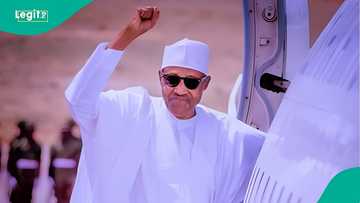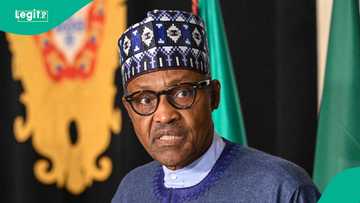Border Closure, 5 Other Economic Events That Shaped Buhari’s Regime
- Former Nigerian President Muhammadu Buhari passed away at the age of 82 on July 13, 2025, in London.
- His presidency, which spanned from 2015 to 2023, was marked by economic challenges, including two recessions
- Key policies during his tenure included the transition of NNPC to a commercial entity, border closures, and others
Legit.ng journalist Zainab Iwayemi has 5-year-experience covering the Economy, Technology, and Capital Market.
Former President Muhammadu Buhari passed away at a clinic in London, United Kingdom, on July 13, 2025, at the age of 82.
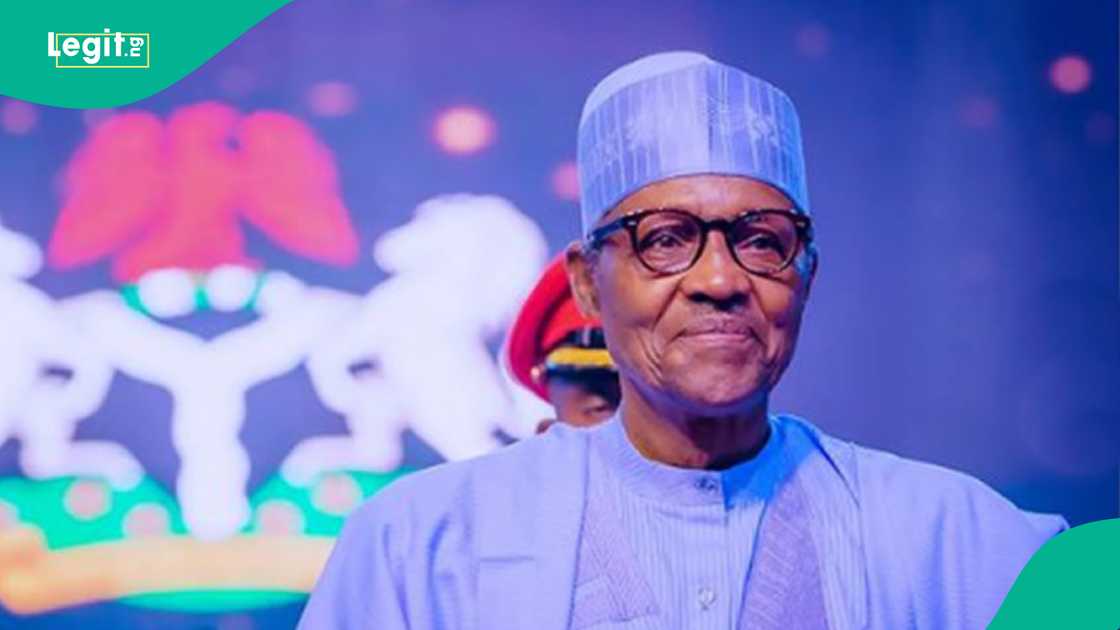
Source: UGC
One of Nigeria's most well-known political figures, Buhari was a retired major general who initially served as the military head of state from 1983 to 1985 before being elected president again in 2015.
His two-term civilian administration, which concluded in 2023, was marked by a comprehensive anti-corruption agenda, an economic reform program, and consistent efforts to tackle insecurity across the nation.
Buhari’s presidency saw Nigeria’s economy experience both severe lows and notable highs. His government left behind a complex economic legacy, which included aggressive currency reforms, two recessions, and significant debt accumulation.
Nigeria’s twin recessions
Under Buhari’s leadership, Nigeria experienced two recessions.
The first occurred in 2016, primarily due to a steep drop in global oil prices and inadequate handling of the currency issue.
The second recession happened in 2020, triggered by the COVID-19 pandemic, which disrupted international trade, reduced demand for oil, and caused widespread economic decline.
This marked the first time Nigeria had experienced two recessions within a single administration.
Border closures
In August 2019, Buhari’s administration issued an order to partially close the land borders.
Food prices rose due to the policy’s efforts to curb smuggling and encourage domestic rice production.
However, in December 2020, facing mounting criticism and economic pressure, the government reopened four major land borders.
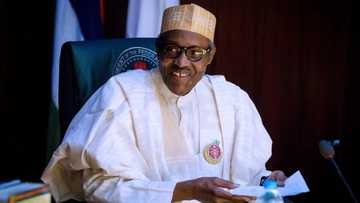
Read also
Buhari's scorecard: Inflation, fuel price, 6 other indices showing how Nigeria fared in 8 years
NNPC transition to commercial company
In July 2022, the Nigerian National Petroleum Corporation (NNPC) underwent a major restructuring, transforming into a limited liability company.
"The NNPC Limited will operate free from institutional regulations, such as the Treasury Single Account, Public Procurement, and the Fiscal Responsibility Act," Buhari declared during the unveiling ceremony.
He continued, saying that the corporation would provide value to over 200 million Nigerian shareholders.
Soaring public debt
Between 2016 and 2022, the Budget Office estimates that federal revenue totaled N26.67 trillion, while expenditures amounted to N60.64 trillion, resulting in a N33.97 trillion deficit.
The federal government’s local debt increased from N8.84 trillion in December 2015 to N44.91 trillion by June 2023, driven by domestic borrowing to cover the substantial shortfall. External debt also rose from $7.35 billion to $37.2 billion over the same period.
This does not account for the over N25 trillion in ways and means borrowing from the CBN.
Exchange rate volatility
During Buhari’s presidency, the value of the naira declined significantly. In 2015, the official exchange rate was approximately N197 to the US dollar.
By the end of Buhari’s presidency, the official market exchange rate was N464.51, while the black market rate averaged N762.
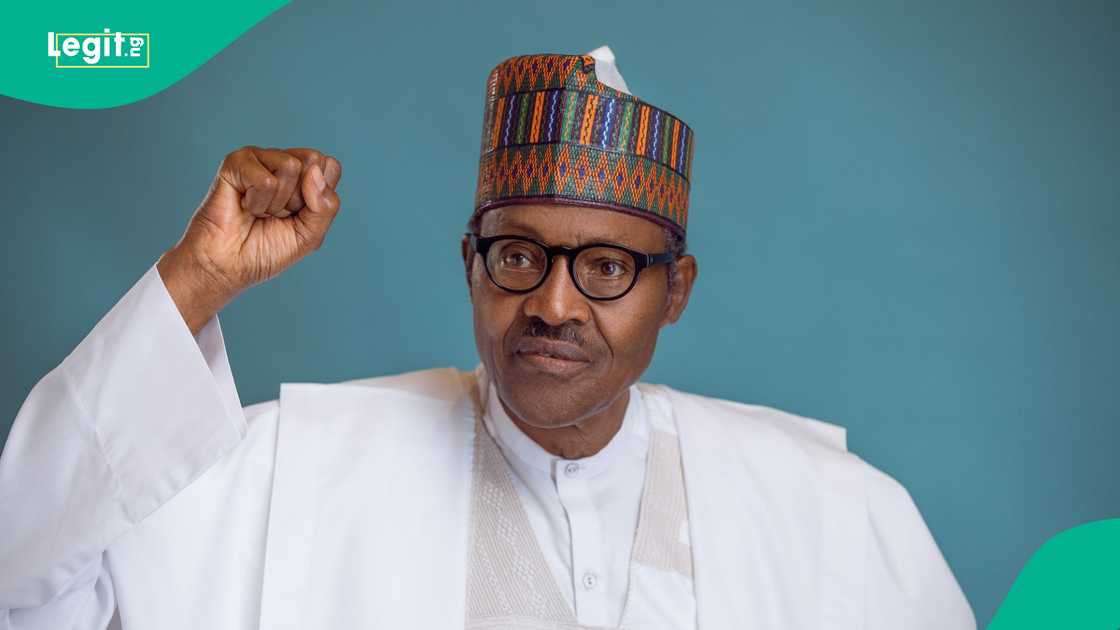
Source: UGC
Naira redesign
In 2022, the Central Bank of Nigeria announced plans to redesign, manufacture, issue, and distribute a new series of three banknotes alongside the existing ones.
The revised N200, N500, and N1000 notes were scheduled to go into circulation on December 15, 2022.
According to the bank, the current notes would remain legal tender until January 31, 2023.
The goal of this policy was to limit the amount of money the general population could use to "pay ransoms to kidnappers," reduce the volume of currency in circulation, and combat counterfeiting.
Celebs who received national honour from late president
Legit.ng reported that the death of Nigeria’s former president Muhammadu Buhari has continued to send shockwaves around the media as people find various means to mourn his passing.
Notable figures and celebrities have also expressed starkly different views on the tragic occurrence.
On that note, Legit.ng revisits October 11 2022, when Buhari conferred national honours to 6 celebrities in the country out of 447 Nigerian citizens and foreign nationals, including monarchs, previous ministers, icons, and the Senate President.
Source: Legit.ng


